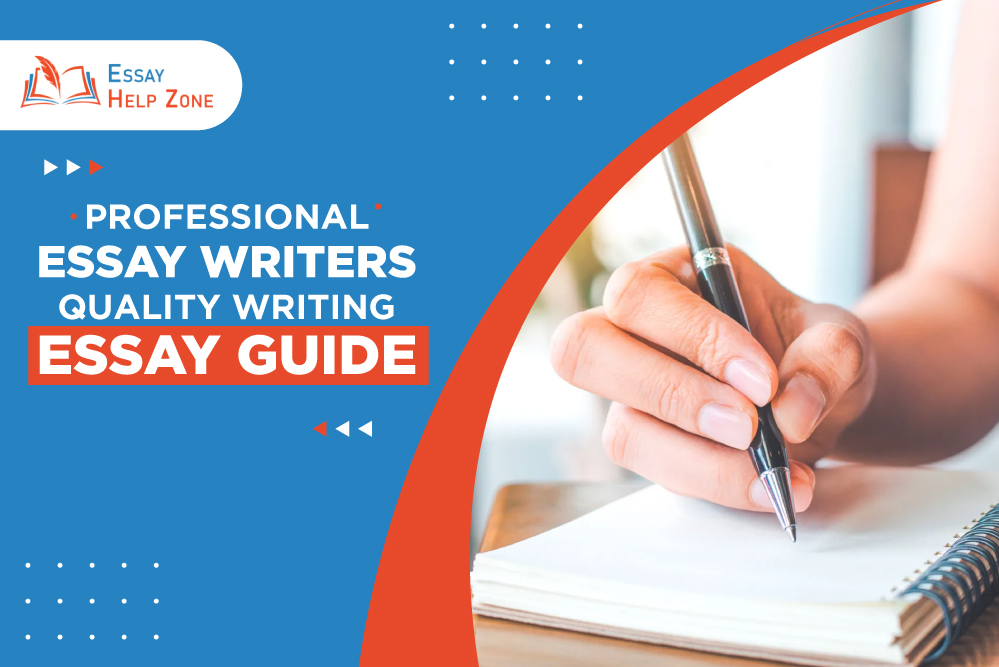In some semesters you have the feeling that the entire course consists only of exam preparation. Many then rush straight to work. But learning for exams can also be done wrong. In that event, a load of assignments to be submitted is an add-on responsibility for students. However, to focus right on learning to secure good grades in exams a number of students opt for professional essay writers UK for the help.
Once you have put across the pile of assignments now is the time to focus on learning. To optimize your learning, we have 10 learning traps for you that you should avoid.
- You Don’t Know What Type Of Learner You Are
Many students do not know what kind of learner they are. A general distinction is made between four different types of learning. Every type of learner can memorize and remember things better with certain methods. The visual learner learns best with the help of texts, graphics, or images that they recall during the exam. The auditory learner prefers to hear the material while retaining most of the information. The motor learner, on the other hand, prefers to use learning content, he learns best through practical application. On the other hand, if you are a communicative learner, it is very difficult for you to learn alone – but all the better in a group. There may also be overlaps of varying degrees between the four types of learners.
- Your Plan Starts Without A Plan
Many students start studying haphazardly at some point before the exams. In doing so, they often estimate the scope and the time required completely incorrectly. You get bogged down with the material and come under time stress during the examination phase. The more exams you have, the more essential it is that you don’t fall into this learning trap. Get an overview of the extent in advance and work out a learning plan. You should first determine how many days you have left. You should definitely deduct days that you know you won’t find time to study. Then you should divide the learning content into packages of the same size and content. Every day up to the exam, your goal is to learn two packages, for example.
- You Plan Too Little Time
This learning trap is closely related to the second. Students often get bogged down, and not just in terms of content. Most of them fail in the exam phase mainly because of time management. You plan too little time and have to spend the last few days before the exam in the bib, so to speak. Basically, it is always better to plan too much time than too little. Then you can always take a little time off in between and waste a little time – without a guilty conscience. In addition, the motivation is greater if you only have to spend a limited amount of time each day on exam preparation.
- You Learn By Heart
Dull memorization is particularly popular when it comes to complex topics and technical terms. Even when time is of the essence, people like to learn by heart. Understanding relationships and then being able to relate them in your own words takes more time than most of you will have before an exam. The advantage is that the learning material can then be reproduced word for word and the exam result is better. The whole thing becomes problematic as soon as transfer tasks are asked in the exam. In order to be able to apply the knowledge, you must have understood what you have learned. The exact wording doesn’t help anymore.
Memorization isn’t bad per se. It is ideal for learning technical terms, formulas, or complicated formulations. You just shouldn’t memorize.
- You Are Learning Too Much
Detailed knowledge is never bad for exams. But you shouldn’t get lost in details. Keep the big picture in mind. The connections between topics and the general context are usually more important than small details. At the beginning of your studies, it is still difficult to keep track of things, but after one or two semesters it becomes easier. In addition, you can also ask fellow students whether someone has already had the lecturer in an exam. They then also know how much detailed knowledge is requested.
- You Don’t Have The Courage To Leave Gaps
The professor will declare all his events and certainly every graphic to be relevant for the exam. Most of the time, however, it is not possible to learn everything at all and you don’t have to. You need a sense of the essentials. What were the priorities of the professor in the event? Very likely he will put the same in the exam. In addition, an exam is designed for 90 minutes; not everything can be queried. So limit yourself to the most important things and, as already mentioned in point five, don’t get lost in detailed knowledge.
- You Put Yourself Under Pressure
Some students need a bit of pressure so they don’t let themselves go too much. Many people can work better, especially under time pressure. Nevertheless, it is easier to learn in a relaxed manner. If there is too much pressure, the brain blocks. It takes longer and more intensive confrontations with the subject matter before we absorb it. We prefer, however, that we have to put in little effort and that learning is as easy as possible. Therefore: relax and think positively.
- You Don’t Take Enough Breaks
If time is tight, every day, almost every free hour, has to be used to prepare for the exam. Many then spend their days studying and never take a break. Some of them don’t even get enough sleep. But recovery phases for the brain are necessary so that knowledge can sink. If your brain is overloaded, much of what you have learned is not absorbed in the first place. What you do in your study breaks is up to you. Fresh air and exercise offer a lot of relaxation, but Netflix can also take the strain off your head.
- You Forget To Eat
Under the enormous stress that students are exposed to during an examination phase, the brain can suppress appetite or the feeling of hunger. You can search through entire books with full concentration in just several hours. Eating just enough is fundamental in a learning phase. Food is our energy supplier. It provides us with vital nutrients and makes the brain work better. Make sure to eat something every now and then and if it’s just a banana or a handful of nuts.
- Passing Is Enough For You
“Passing is everything!” And actually, that’s true too. But sometimes it is just not enough to learn just to survive. Nasty questions and unforeseen tasks can always come up in an exam, and what then? With a lot of bad luck, it will later hang on exactly the two pages that you left out. Better set your goals a little higher, learn for a 3. You will definitely pass this and don’t have to worry about the result.
Conclusion
Of course, all of this is always easier said than done. You are sure to get at least 5 of these 10 points right. Of the others, just pick the ones you felt caught with. Make it your goal to avoid these same pitfalls next time.




